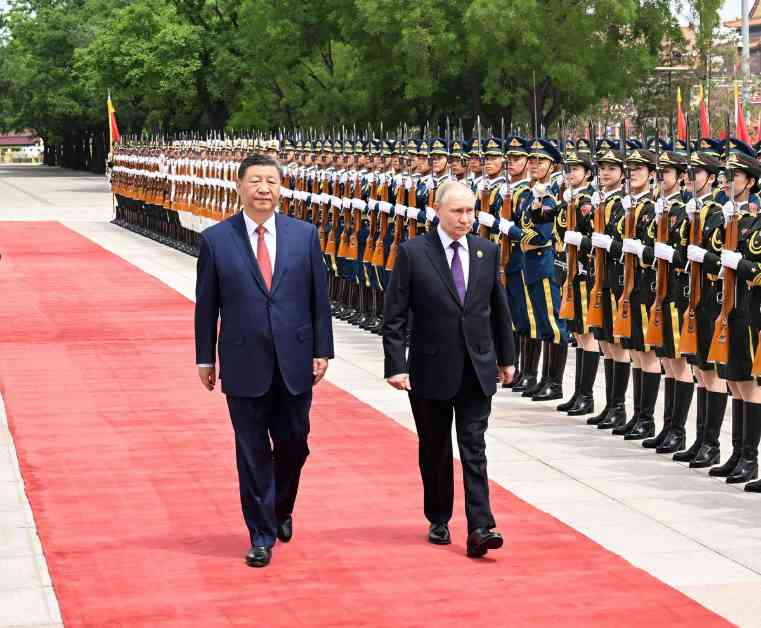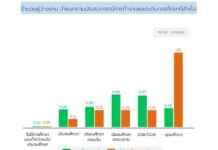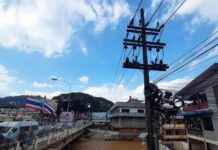As we stand on the brink of a new Cold War, the balance of power in the world is shifting. The once dominant USA is losing its grip, while China is emerging as a new superpower. This raises the specter of a new Cold War, but it also offers the possibility of a world without hegemony. What lies ahead is a topic of discussion with political scientist Frank Deppe.
The Cold War ended in the early 1990s with the collapse of the crisis-ridden Soviet Union and its satellite states in Central and Eastern Europe. However, internal conflicts that were frozen in these post-socialist countries are now resurfacing. The Russian invasion of Ukraine, which has triggered a “turning point” in security policy in Germany and Europe, is the most prominent but not the only conflict of this nature.
A new Cold War is looming, one that builds on the old but differs in many aspects. The rise of the BRICS countries (Brazil, Russia, India, China, and South Africa) has introduced powerful new players in the global economy who do not accept the existing hegemonic power structures. China’s ascent, in particular, challenges the US leadership and offers developing countries an alternative pole to align with. The US, as well as an increasing number of EU member states, view China increasingly as a competitor that needs to be restrained with tariffs and sanctions.
Are we witnessing an epochal shift? What does it mean for there to be no clear winner in this “new” Cold War? And what does this mean for progressive forces here and around the world? These are some of the questions discussed in a conversation with renowned political scientist Frank Deppe, author of the recently published book “Zeitenwenden?”.
In his book, “Zeitenwenden?”, Deppe explores the old Cold War and what he identifies as a new Cold War between the US/West and China/Russia/BRICS. Drawing on his experiences growing up in the era of the old Cold War, Deppe reflects on the similarities and differences between then and now. He highlights the dangers of a return to the old Cold War mindset and the potential for escalation towards armed conflict, especially in the context of the Ukraine crisis.
The comparison between the Korean War of the 1950s and the current conflict in Ukraine is also discussed. Both conflicts have geopolitical implications and have shaped the global power dynamics of their respective eras. Deppe reflects on the economic implications of these conflicts, noting how they have influenced the growth and development of certain industries.
The article delves into the geopolitical landscape of the 21st century, with the rise of China challenging the US-led unipolar world order. The emergence of China as a major player on the world stage has led to a shift in power dynamics, with the potential for conflict looming. The concept of a “Thucydides Trap” between the US and China is explored, highlighting the risks of a major war between a declining power and a rising power.
Deppe also discusses the role of the EU in this shifting geopolitical landscape. With Germany at the helm of the EU and Europe facing internal divisions and external challenges, the EU’s role as a global power is called into question. The need for a coordinated and pragmatic approach to international relations is emphasized, with the hope that diplomatic solutions can prevent the escalation of conflicts into full-blown wars.
In conclusion, the article highlights the complexities and challenges of the current geopolitical landscape, with the potential for both cooperation and conflict between major global powers. The need for informed and strategic decision-making in international relations is underscored, with the hope that dialogue and diplomacy can prevail over militarism and aggression. As we navigate these uncertain times, the importance of understanding and engaging with these complex dynamics cannot be overstated.



















